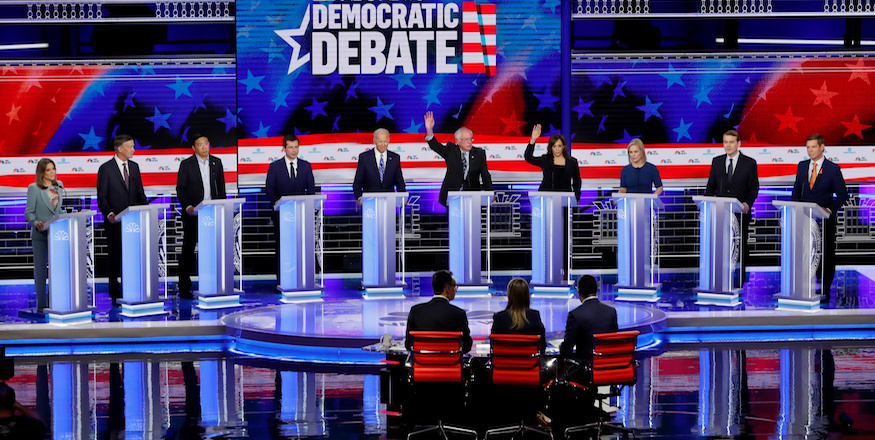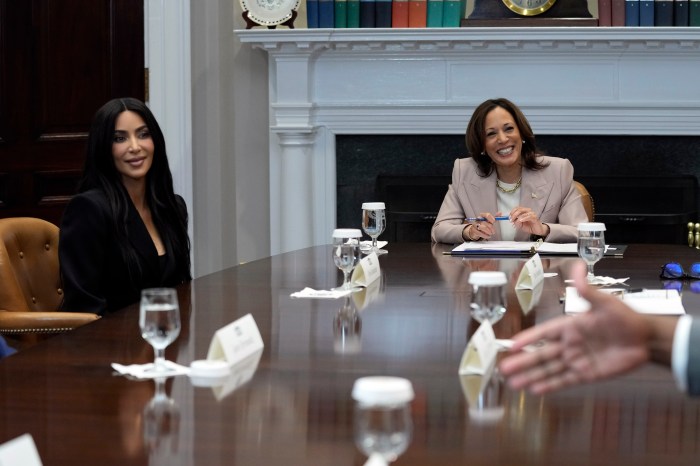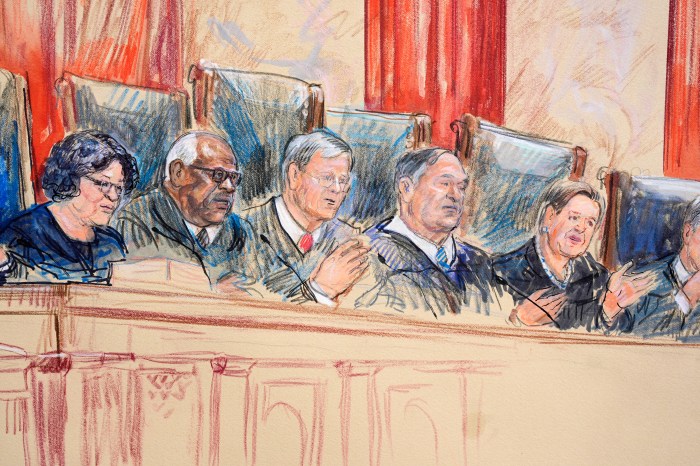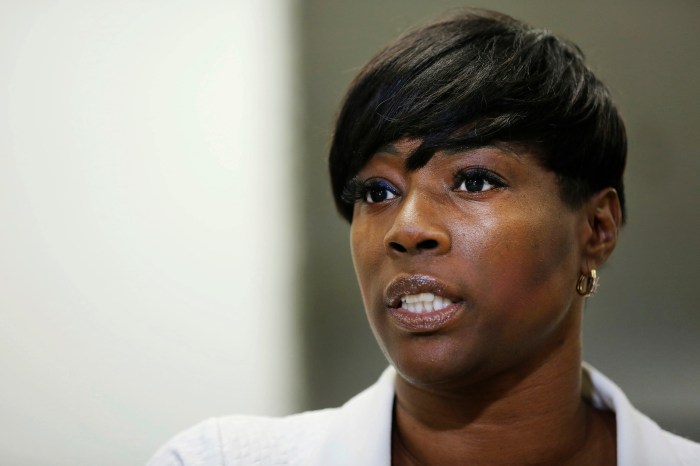Donald Trump is not the most unintelligible candidate in the 2020 presidential race.
That honor belongs to Joe Biden.
This is what artificial intelligence has determined via Trint, an app that uses AI to automatically transcribe audio and video. The company fed a speech sample from the top 11 Democratic candidates — their closing statements from the first primary debate last June — along with a snippet from Trump.
The candidates with the highest percentage of transcription accuracy are theoretically the most understandable — at least to robots.
Despite their diametrically opposed accents, Sens. Amy Klobuchar (D-MN) and Bernie Sanders (D-VT, but still clinging to his Brooklyn honk) came in tops, with 100% accuracy. Sen. Cory Booker (D-NJ) and California businessman Andrew Yang were close behind with 99.5% and 99.24% respectively. Sens. Elizabeth Warren and Kamala Harris, and Pete Buttigieg, Marianne Williamson and Julian Castro were all in the 98th percentile.
Coming in last: Trump, with 97.37% accuracy, crowdpleaser Beto O’Rourke (95.83%) and Biden, the famed “retail politician” with the common touch (95.33%).
“All of these people speak well,” says Trint CEO Jeffrey Kofman. “It’s just that certain speech behavior that will determine how AI can recognize what you’re saying. If you swallow some words, AI is not going to put those words in. If what you’ve said is a little garbled, the outcome will reflect that.”
Why might Bernie Sanders, who speaks with a thicker version of the old-school New Yorkese sometimes favored by Trump, beat the president to a perfect score? “He speaks really loudly, and he tends to enunciate quite well,” says Kofman, who founded Trint after 30 years as a journalist with ABC, CBS and the CBC. “AI likes that. It’s the people who eat their words, who tend to let them trail off, that tend to be more challenged.”
What other lessons do the results hold for public speakers of any stripe? “It’s kind of like a grade-school elocution class, what a teacher might have said a generation or two ago,” says Kofman. “Speak slowly and enunciate. Come to a full stop. All those things were true in the ’50s and ’60s, and AI is kind of bringing them back.”
The algorithm used to analyze the speech samples is known as WER, or word error rate; as anyone with a smartphone or Google Home knows, speech-recognition technology is moving fast. Trint will soon offer live transcription and instant multilingual translation, geared toward the instant dissemination of information the media ecosystem requires. Whether it helps with our political digestion remains to be seen. Theoretically, voters could use AI apps to create instant personal transcripts of debates or speeches for their review and reflection.”This is our brave new world of technology,” says Kofman. “I think it is really an interesting exercise to kind of stand back and say, you know, technology has no political bias. In its purest form, what can it say about how people communicate?”


















